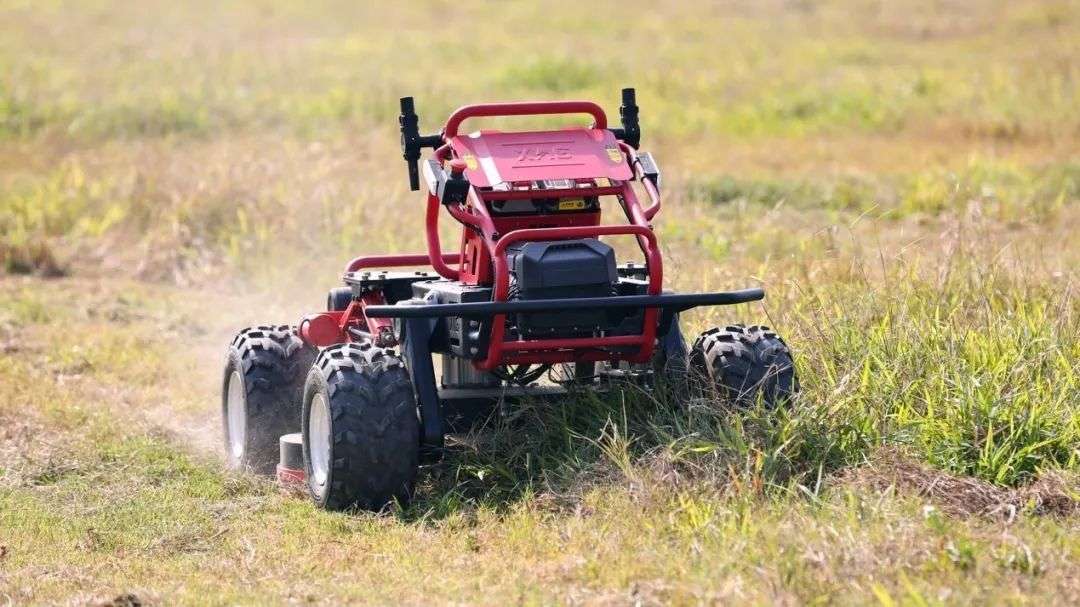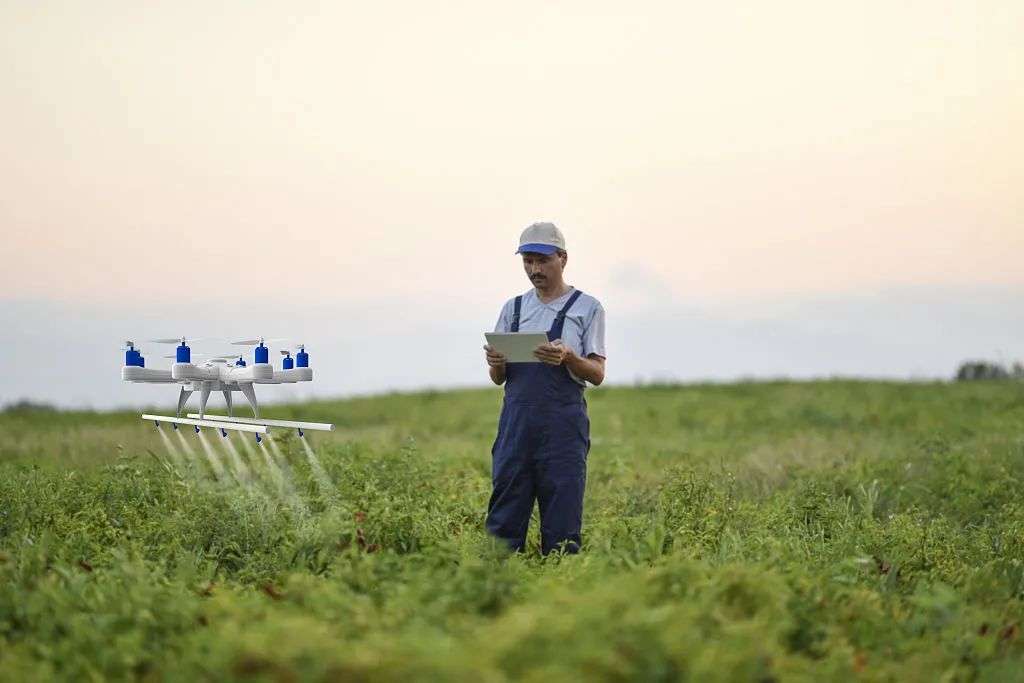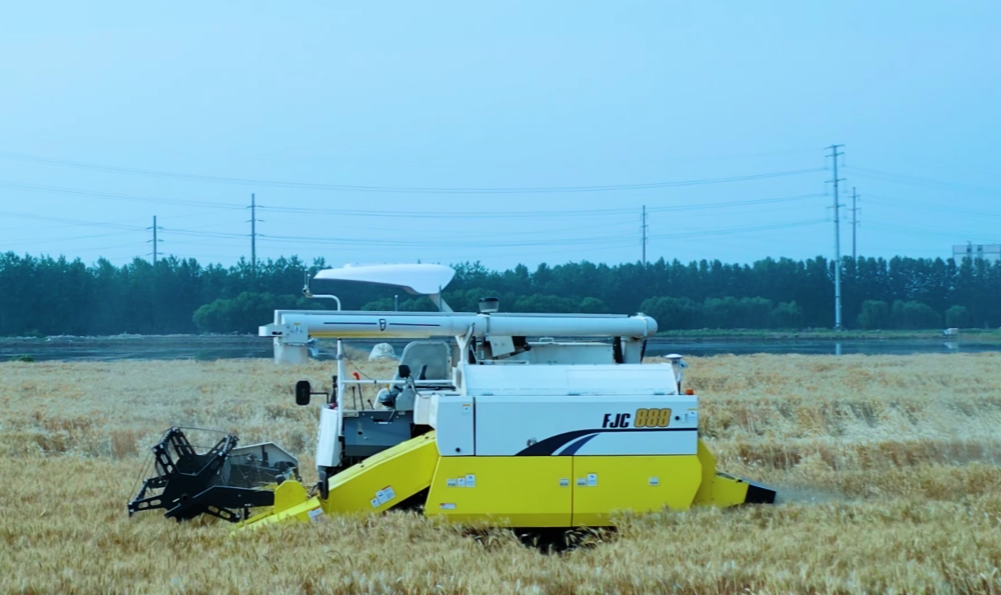“Unmanned” is not really unmanned.
Editor’s note: This article is from the micro-channel public number “geek park” (ID: geekpark), Author: Victoria Peng.
You may have noticed that when you are shopping and eating in shopping malls, Haidilao and other places, you will encounter guide robots and food delivery robots.
More and more robots are appearing in our lives. A survey released by Wuhan University predicts that by 2025, machinery and robots will replace 5% of workers in China, leading to the disappearance of certain jobs. In fact, since artificial intelligence and robots have entered the mainstream vision, people have begun to worry about being replaced by machines one day.
In the past, large factories like Foxconn could solve many employment problems. For example, in 2010, when Foxconn settled in Zhengzhou, it hired 130,000 employees in one year, and Foxconn once hired 1.2 million workers in mainland China.
Now, they have developed an “unmanned factory” in Shenzhen. By deploying robots on the production line, even in an environment without lights, they can produce mobile phones, electrical appliances and other equipment 24 hours a day.
When robots, drones, and unmanned vehicles enter a certain field, where do the original practitioners go?
This issue will be more special in the field of agriculture, because farmers themselves are gradually withdrawing from this industry until they do not need machines to occupy them.
A professional who has been observing agriculture for a long time told Geek Park (ID: geekpark), “At present, the average age of agricultural workers in China is about 60 years old. In Jiangsu, farmers are generally 70 years old, and in the north it may be 50 years old. It’s about a few years old. People would rather go to the city to work and watch the gate than to go back to farm. Old people can’t do it, young people don’t want to do it.”
Therefore, the industry environment of “internal and external troubles” of agriculture can better interpret the contradiction between advanced productivity and old production relations: when the concepts of drones, unmanned vehicles, and unmanned farms land in rural areas, those who have left the “land” Where did the people go?
The formation of a new profession
According to the 14th Five-Year Plan, China’s urbanization rate will reach 75% in 2035, and now it is 59.6%, which means that 16% of the population will go from rural to urban areas. When more and more people leave the countryside and agriculture, who will grow the land to produce food?
“Agriculture in the future must be unmanned.” Gong Juqin, co-founder of Jifei Technology, an agricultural technology company, believes.
Not long ago, they released a series of intelligent hardware such as unmanned vehicles, drones, autopilots, etc., which can complete the actions of sowing seeds, cutting grass, spraying pesticides, etc., as long as the operator presses the button, almost no Participate again, and the machine will complete the job automatically.
The agricultural unmanned vehicle developed by Jifei is weeding
“Unmanned” is not really unmanned, but people no longer need to go to the farmland, and even sit in the “office.” Lao Ma, a 53-year-old farmer in Xinjiang, bought an agricultural drone this year. He thought about not farming for two years, but decided to work for another ten years. The automated operation of the drone greatly reduces the labor intensity. He no longer needs to walk to the field to spray medicine by himself, allowing him to manage 800 acres of cotton fields with relative ease.
According to publicly available data, Jifei has tripled its spring ploughing operations this year, and DJI doubled that of last year. However, the combined operation coverage area of the two accounts for only 10% of the existing arable land, and this market still has huge room for growth.
“In the future, the land will be more and more standardized during the planting process, and more technological tools will be used to grow the land. This is a trend.” said Peng Bin, founder of Jifei Technology.
Because of the application of drones, hundreds of thousands of drone pilots have been born in the past few years. Although this is a new profession, it is also completing its own iteration with the progress of digital agriculture. Peng Bin introduced that many professional pilots in China are transforming into agricultural service experts. “It is becoming more and more difficult to simply buy a drone to spray pesticides. With the iteration of the drone system, it can use data to help users understand the growth and spraying conditions of the farmland, and save the amount of pesticide use. “
“You should not only be a pilot, but an expert in agricultural services, you can provide a complete solution, with pesticides, services and technology to help farmers complete the spraying of farmland.” Peng Bin revealed, “conservatively Said that at present, 3-5% of Jifei pilots have completed the transformation.”
As drones become more intelligent, the emerging profession of pilots is also facing transformation
Jifei established a college to help traditional agricultural practitioners or people in other industries master agricultural knowledge and operate unmanned equipment.More than 100,000 people have been trained.
He believes that as the population decreases, the planting area that everyone is responsible for will become larger and larger, and professional farmers will inevitably be born. “Similarly, like today’s Douyin and Kuaishou, many people sell agricultural products through live broadcast, and this (emerging) group will become more and more.”
Yao Yuan, the vice president of Fengjiang Intelligence, another agricultural technology startup, told Geek Park (id: geekpark), “Farmers in the future may use a full range of machines for farming, planting, managing, and harvesting. Data management. Operators do not need to be professional in the agricultural field, they can operate computers and systems.” In other words, in the future, farmers’ jobs may include “data analysis” and farmers will transform into agricultural workers.
When agriculture is “industrialized”, more talents will enter it. Yao Yuan gave an example. After graduating from Peking University with a doctorate, he set up a farm, made a rice brand, made filling gifts, and later invested in a filling production line. He thinks that more and more such people will join agriculture in the future. Start a business.
“With the development of smart agricultural machinery, distributors of agricultural machinery will gradually transform, put agricultural services in their hands, form a new model, and the real agricultural service company will slowly emerge. Traditional Farmers may gradually join agricultural service companies to work.”
New wealth distribution rules
Behind the birth of a new profession, the essence is often the transfer of wealth chain.
University graduates usually want to go to the Internet, do e-sports, and do service industries, but few people are willing to farm. Gong Juqin believes that the essence lies in the uneven distribution of the agricultural value chain in the past. Wealth was usually acquired by the channel and platform, but producers did not make much money.
“The front-end farmer can’t really connect with consumers. People usually trust a brand and buy its things, but there is no way to trust a farmer alone and buy the farmer’s things.”
However, more advanced digital tools are rewriting the old rules of traditional industries. At the moment when e-commerce and logistics infrastructure are becoming more and more developed, agricultural practitioners can use new tools to make production more stable and standardized, thereby Run your own brand more easily.
A self-driving harvester is in operation, and people can control it through the App
“When farmers have countAfter the wordization tool, they can in turn manage more places, and through the Internet of Things, blockchain, and big data, all their production processes are tied to the consumers in the city. At this time, the value chain has shifted upstream, and farmers’ own brands have more premium capabilities. At this time, they discovered that a farmer could manage more land, making money more than delivering express delivery and food delivery in the city, and that his income was more stable, and more people returned to agriculture. “
In addition to the efforts of agricultural technology startups on the production side, e-commerce platforms are also aware of the value of the production side. In recent years, Ali, Pinduoduo, and JD.com have invested large sums of money in the transformation of agricultural circulation and production links.
Among them, re-establishing a new industrial balance mechanism and a new wealth distribution mechanism are important features of this agricultural revolution.
For example, the “new rural business” model proposed by some e-commerce platforms is to create new farmers as entrepreneurial leaders through cooperation with local governments, factories and operating companies to provide third-party services, government supervision, and platform support New rural commercial development model to ensure the core interests of farmers.
In this mechanism, the e-commerce platform provides industry support and marketing support in the early stage of the project; in the mid-term, a relatively stable third-party “agent service” mechanism will be formed; in the later stage, it will gradually withdraw and the cooperative will take full control and the local government will ensure the distribution of benefits Follow the regulations.
To sum up, by creating a modern agricultural industry chain system integrating production, marketing, research, and processing, a new business model will be born, allowing farmers to gradually build their own brands and form a pattern that benefits the distribution of benefits for farmers.
Yao Yuan predicted, “It will take at least 5 to 10 years for agricultural machinery to be truly intelligent, because the big data of agricultural machinery is a very complex system, and it is an ecological concept.”
In the process of agricultural intelligence and value chain reconstruction, Gong Heqin believes that people do not need to worry about what happens when people are replaced by machines. “What we really want to think about is our education system and social organization system, how to train more people to fill new positions.”


